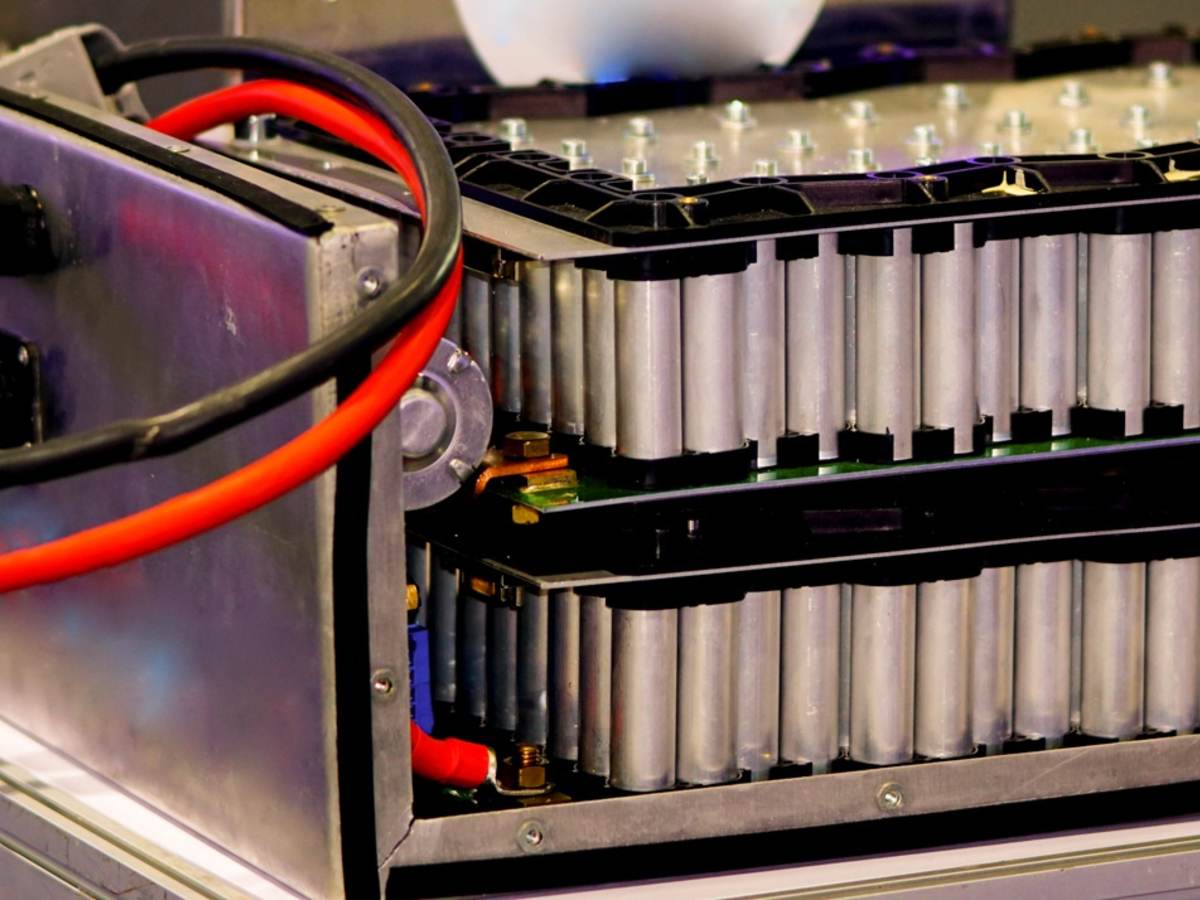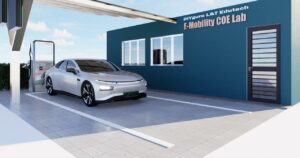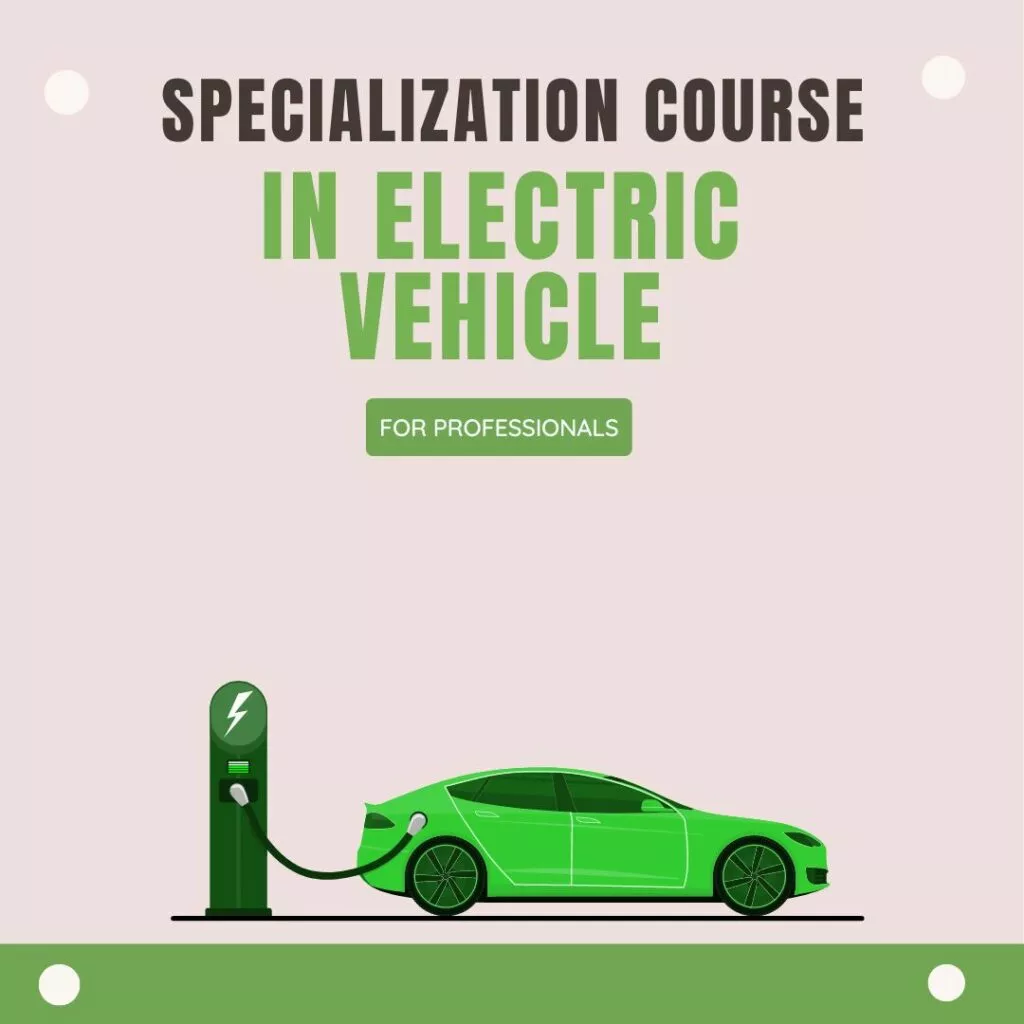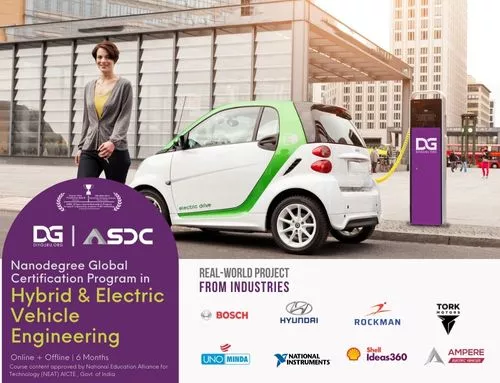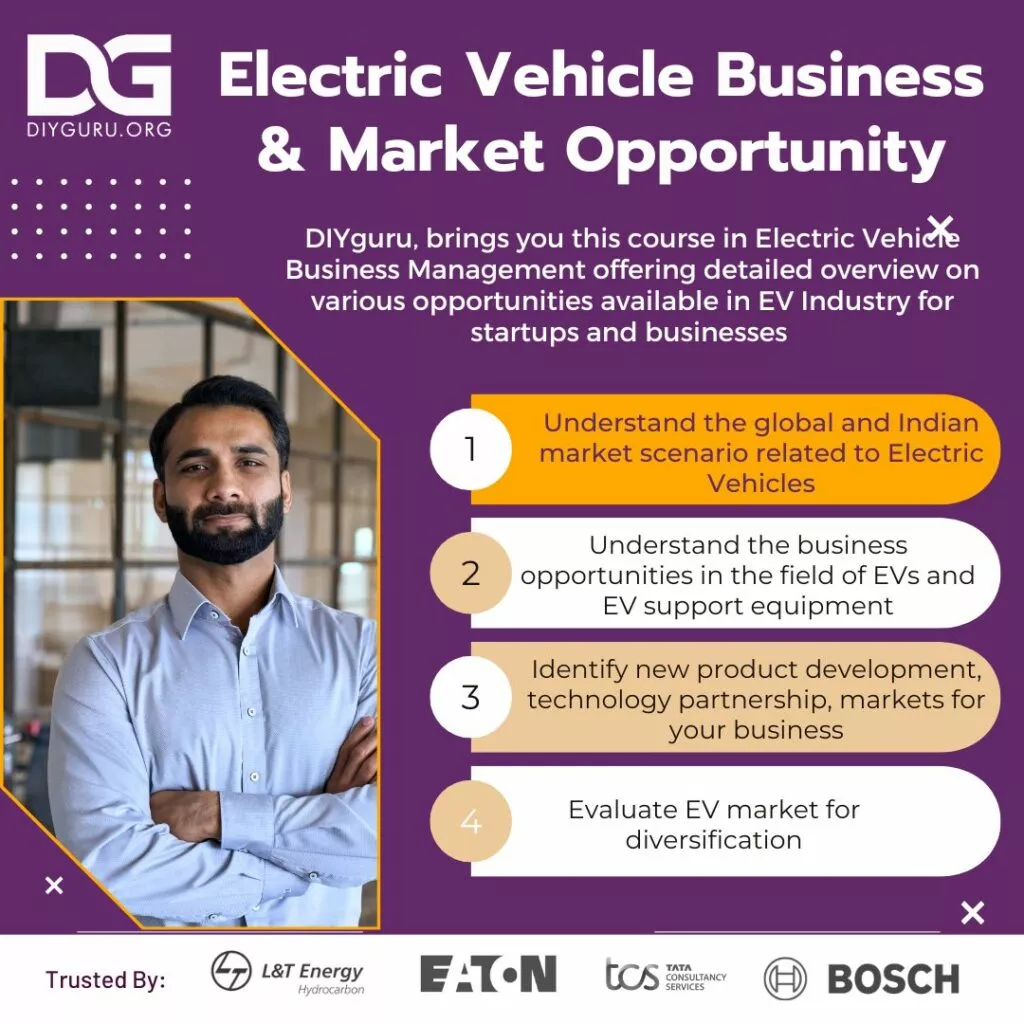Introduction:
Electric vehicles (EVs) are becoming increasingly popular as a more sustainable mode of transportation, and the batteries that power these vehicles are a crucial component. EV batteries come in different types, each with its own advantages and disadvantages. In this blog post, we will explore the different types of EV batteries and their uses.
What are EV Batteries?

An EV battery is a rechargeable battery that powers an electric vehicle’s electric motor. EV batteries are the most critical component of an EV, as they determine the vehicle’s range, acceleration, and overall performance. There are several types of EV batteries, each with its own chemistry and properties.
Lithium-Ion Batteries:
Lithium-ion batteries are the most popular type of EV battery, and they are used in most modern EVs. Lithium-ion batteries have a high energy density, which means they can store a lot of energy in a small space. This makes them ideal for use in EVs that require a lot of power, such as Tesla’s electric cars. Lithium-ion batteries are also lightweight, which helps improve the vehicle’s overall performance. However, they are expensive to manufacture, and they can be prone to thermal runaway, which can cause fires.
Lead-Acid Batteries:

Lead-acid batteries are the oldest type of rechargeable battery, and they have been used in EVs for many years. They are cheap to manufacture, and they have a long lifespan. However, lead-acid batteries are heavy and have a low energy density, which means they are not suitable for use in high-power EVs. They are also less efficient than lithium-ion batteries, which means they require more charging time and have a shorter range.
Nickel-Metal Hydride Batteries:
Nickel-metal hydride batteries are another type of rechargeable battery that has been used in EVs. They have a higher energy density than lead-acid batteries, which makes them more efficient and suitable for use in mid-range EVs. However, they are less efficient than lithium-ion batteries and have a shorter lifespan. They are also more expensive to manufacture than lead-acid batteries.
Solid-State Batteries:

Solid-state batteries are the newest and most innovative type of EV battery. They use a solid electrolyte instead of a liquid electrolyte, which makes them safer and more energy-dense than lithium-ion batteries. This also means they have a faster charging time and a longer lifespan. However, they are still in the development phase, and they are expensive to manufacture.
Conclusion:
In conclusion, there are several types of EV batteries, each with its own advantages and disadvantages. Lithium-ion batteries are the most popular type of EV battery and are used in most modern EVs. Lead-acid batteries are the oldest type of rechargeable battery and are suitable for use in mid-range EVs. Nickel-metal hydride batteries are another type of rechargeable battery that has been used in EVs. Solid-state batteries are the newest and most innovative type of EV battery, but they are still in the development phase. By understanding the different types of EV batteries, we can choose the right EV for our needs and help reduce our carbon footprint.
FAQS:
Q1. What is an EV battery?
Ans. An EV battery is a rechargeable battery that powers an electric vehicle’s electric motor.
Q2. What are the different types of EV batteries?
Ans. The different types of EV batteries include lithium-ion, lead-acid, nickel-metal hydride, and solid-state batteries.
Q3. What is a lithium-ion battery?
Ans. A lithium-ion battery is the most popular type of EV battery, with a high energy density and lightweight design.
Q4. What is a lead-acid battery?
Ans. A lead-acid battery is the oldest type of rechargeable battery, with a low energy density and heavy design.
Q5. What is a nickel-metal hydride battery?
Ans. A nickel-metal hydride battery is a rechargeable battery with a higher energy density than lead-acid batteries, but lower than lithium-ion batteries.
Q6. What is a solid-state battery?
Ans. A solid-state battery is the newest and most innovative type of EV battery, using a solid electrolyte instead of a liquid electrolyte.
Q7. Why are lithium-ion batteries the most popular type of EV battery?
Ans. Lithium-ion batteries are the most popular type of EV battery because of their high energy density and lightweight design.
Q8. Why are lead-acid batteries still used in some EVs?
Ans. Lead-acid batteries are still used in some EVs because they are cheap to manufacture and have a long lifespan.
Q9. What are the disadvantages of nickel-metal hydride batteries?
Ans. The disadvantages of nickel-metal hydride batteries include a lower energy density and shorter lifespan than lithium-ion batteries.
Q10. Are solid-state batteries available for purchase yet?
Ans. Solid-state batteries are still in the development phase and are not yet widely available for purchase.


